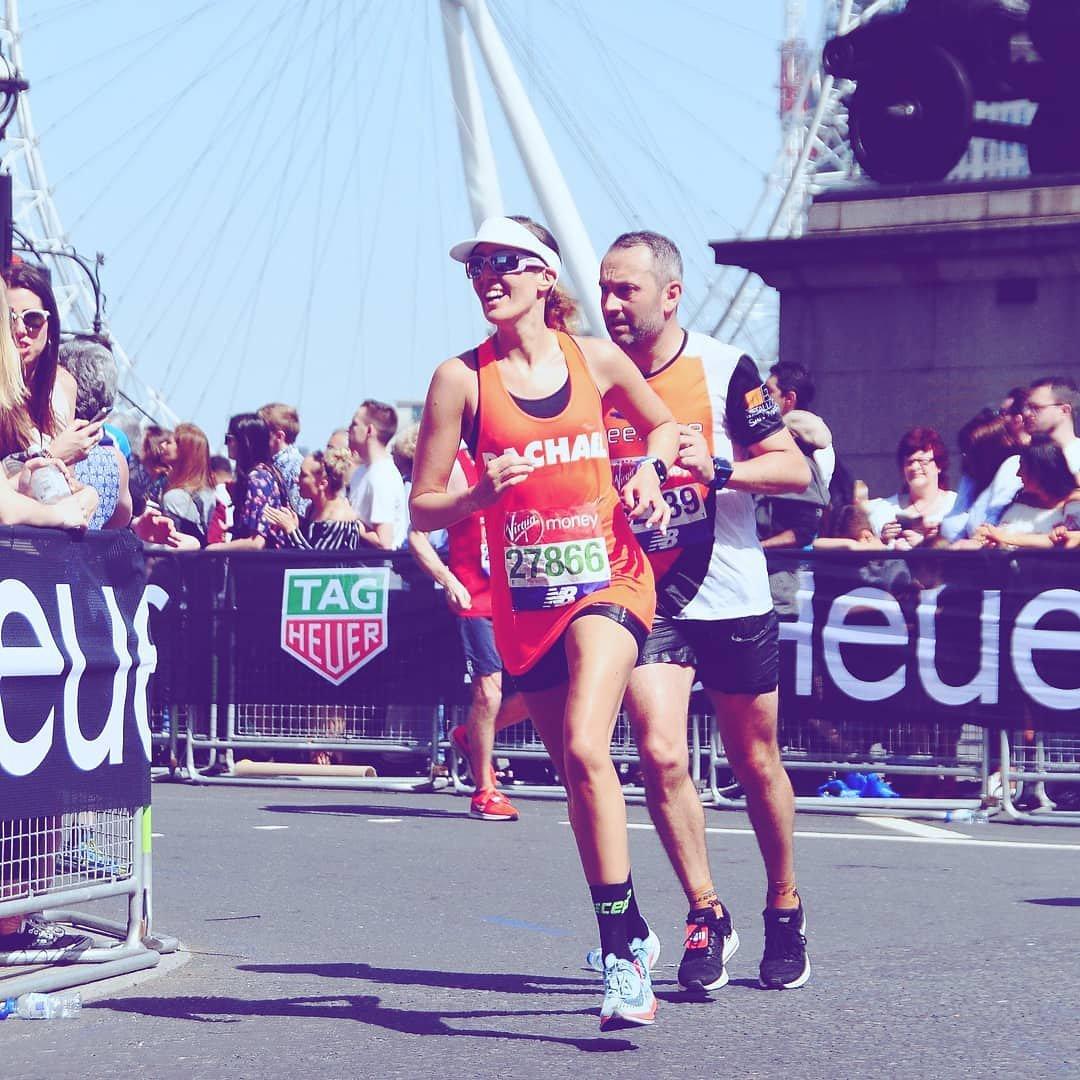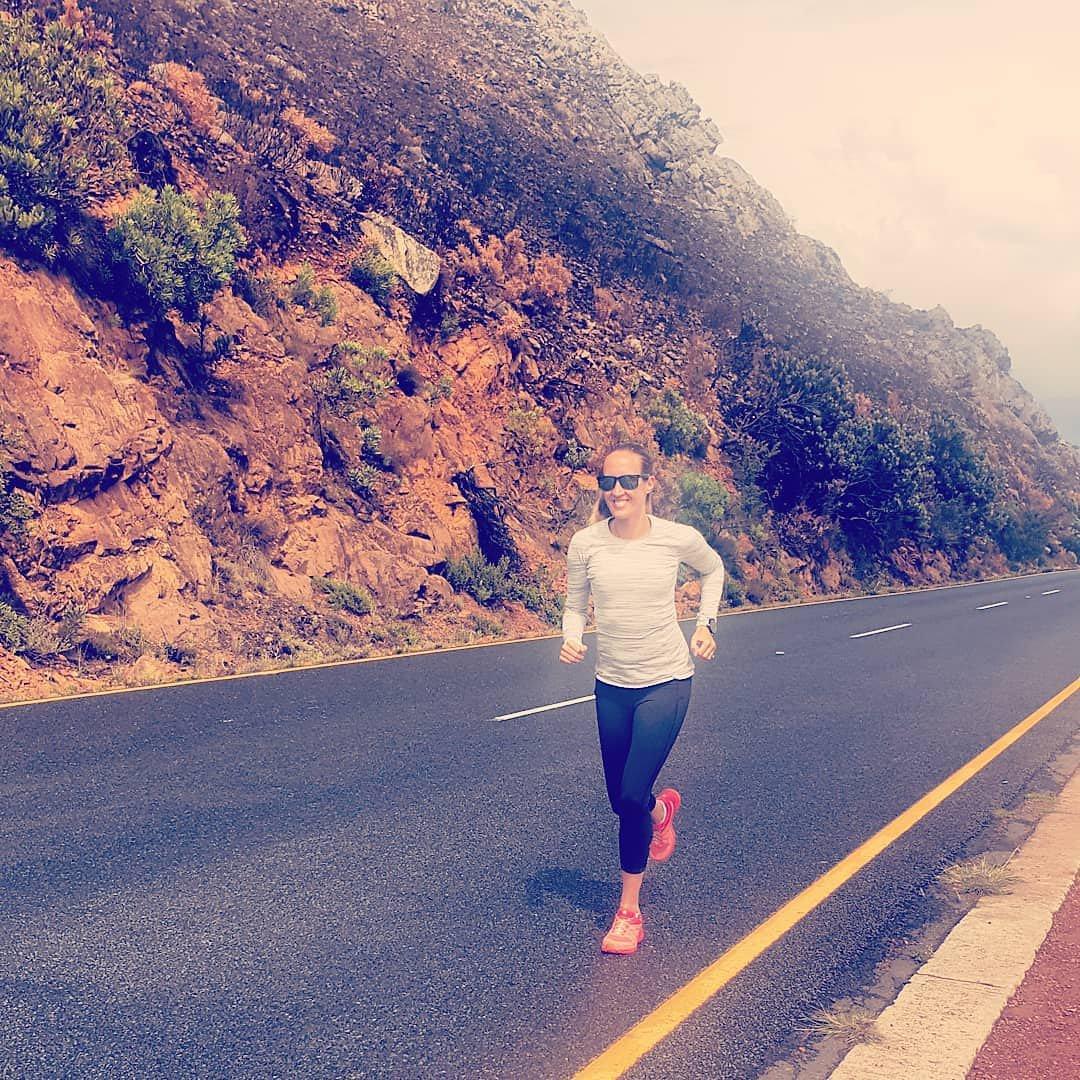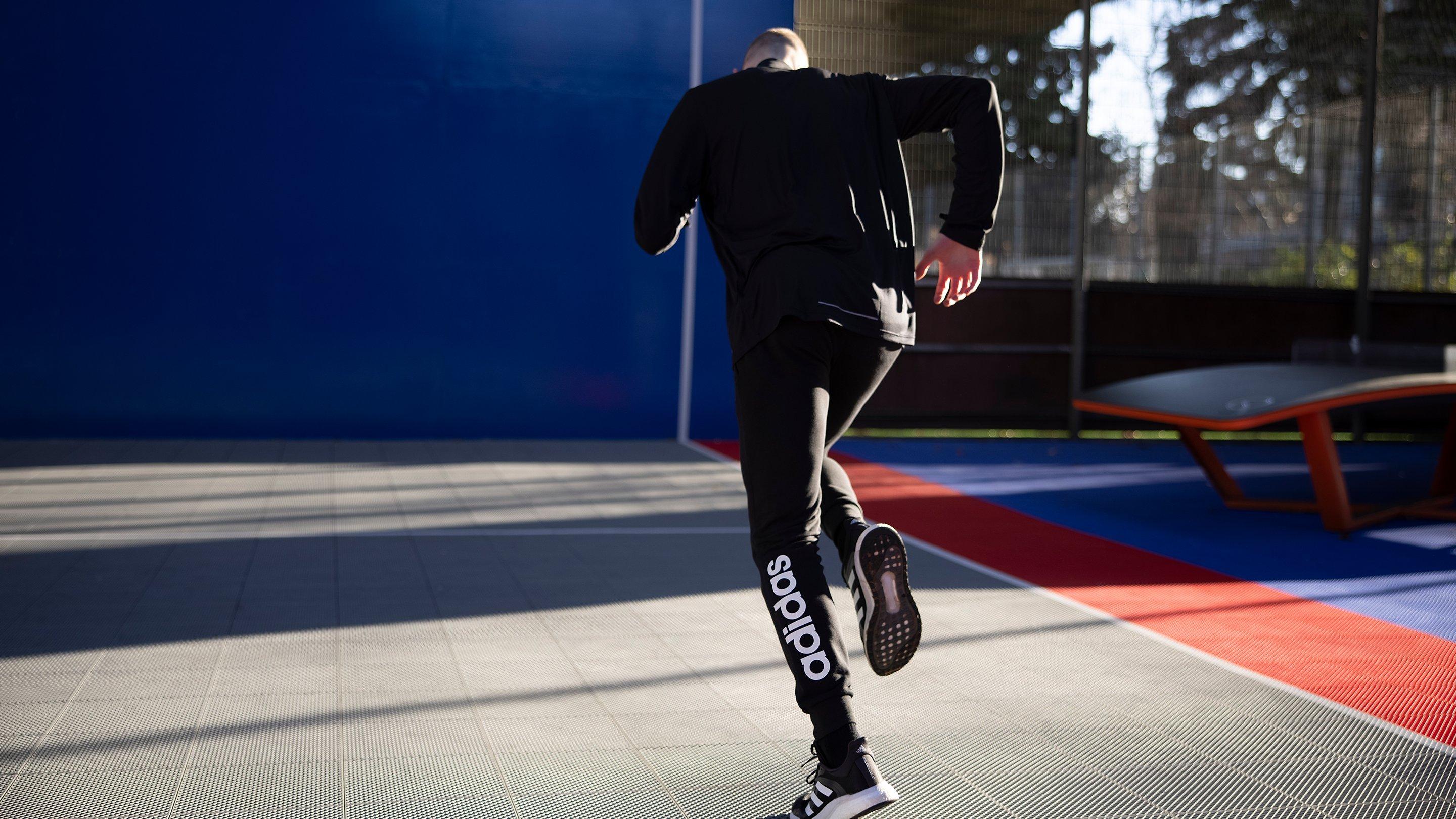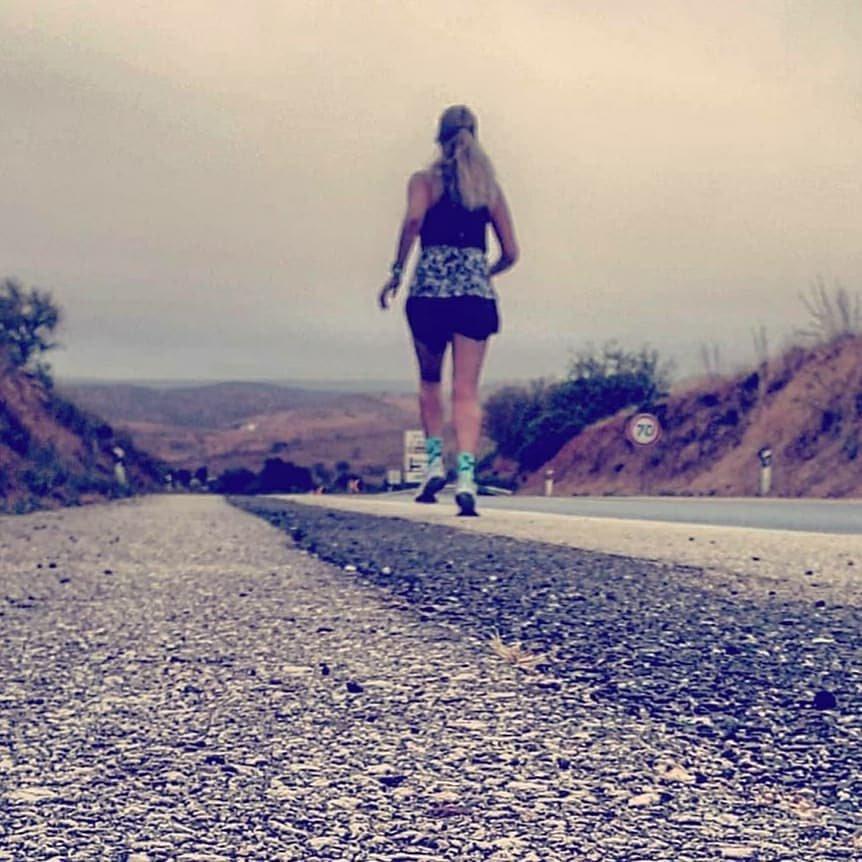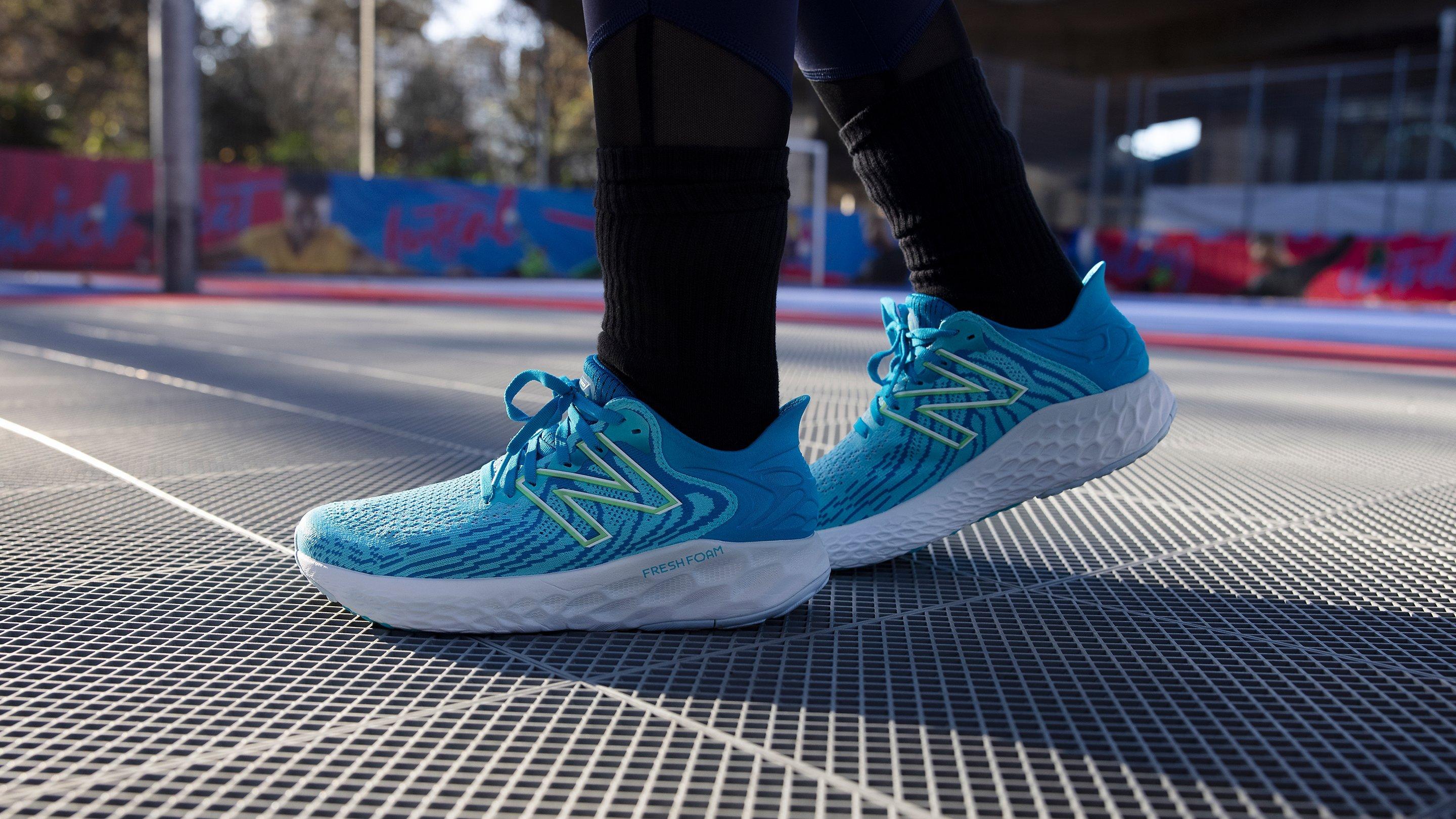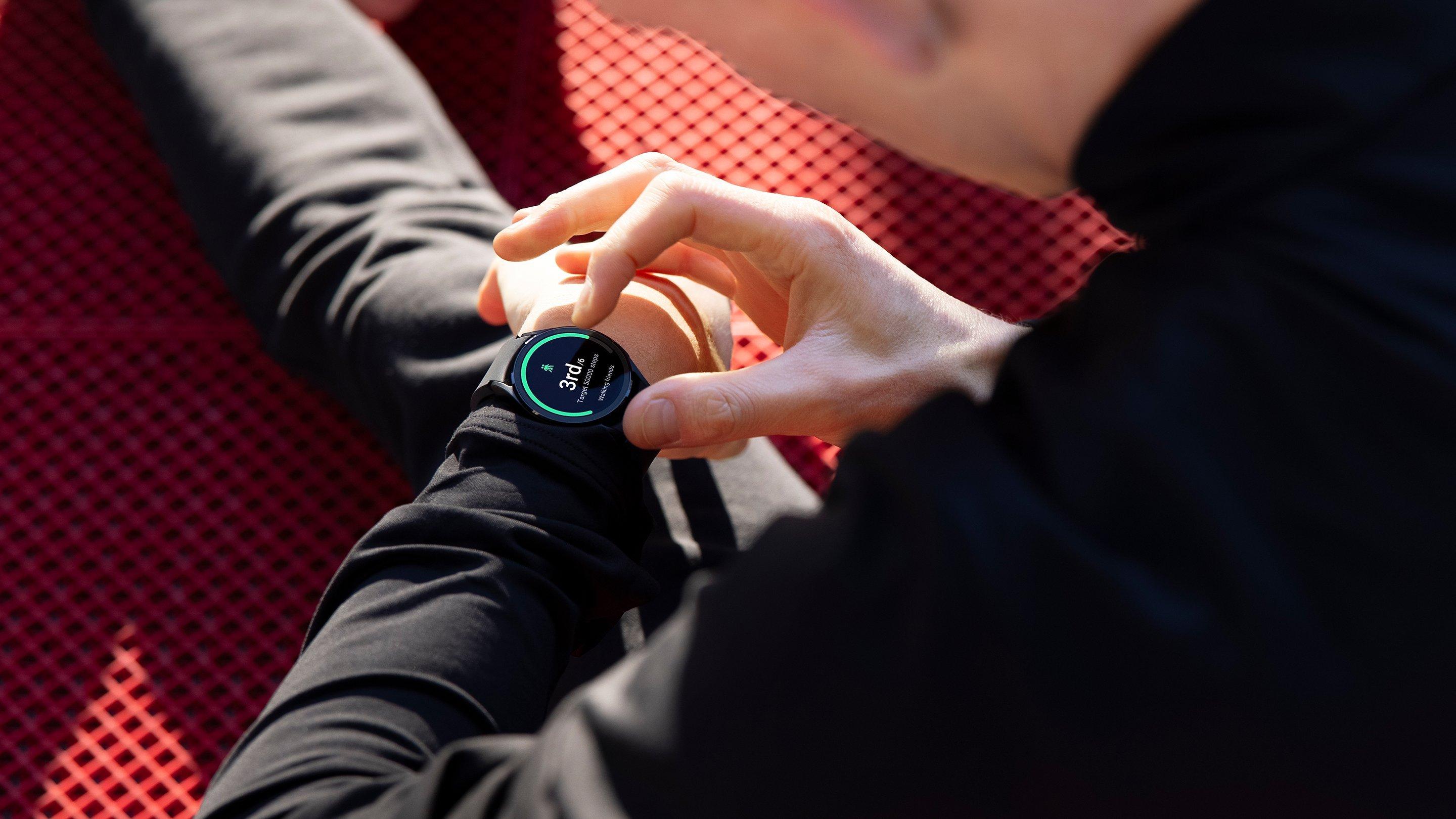Yes, you can run 5k. Here’s how to get started – and just as importantly how to keep going
It might sound like a daunting milestone, but this could be the year that you complete your first 5 kilometre run, with the Couch to 5k plan.
Whether you’re a total beginner or simply out of practise, running has oodles of wellbeing benefits that make lacing up your trainers and heading outside well worth it. From reducing your risk of developing long-term illnesses to boosting your mood (there’s a reason it’s called a ‘runner’s high’), as well as giving you a purpose and the chance to meet new people, running is a brilliant and free way to increase your wellness.
‘Running teaches you that you’re often capable of much more than you think,’ says Rachael Bruford, an England Athletics accredited running coach. ‘You might think there’s no way you could run a 5k, but when you do achieve it, you start to get a sense of all the other things that you previously thought you weren’t capable of. It could be starting a business, applying for a promotion, going back to studying or giving a talk. Running allows you to see where you might possibly have been holding yourself back.’
Rachael also values running as a much-needed chunk of time to yourself. ‘Whether you prefer to run in silence or listen to music or a podcast, it’s an opportunity to think, learn and relax,’ she explains. ‘By getting out of breath, we learn to breathe and to take a moment to reset.’
Are you considering starting the Couch to 5k plan? ‘While the thought of completing 5km can be incredibly daunting, the programme builds you up slowly and sensibly, giving you confidence as you tick off each week and look back on how far you have come,’ advises Rachael. ‘What’s more, you’re able to repeat weeks as you wish, so if you’re ill or something unexpected happens one week, you can simply restart that week the following week.’
Read on for Rachael’s expert guide to completing the programme and crossing the finishing line of your own 5k.
Rachael Bruford – Running Coach
‘Remember that running is full of ups and downs,‘ says Rachael. ‘Even elite athletes have times when they feel unmotivated and struggle through their runs. But there will also be times when you feel absolutely elated – yes, that run was tough and you wanted to quit, but you stuck with it and got through it.’
When you start out, your equipment needs are quite small. ‘You don’t need much gear to begin with, just the correct trainers for your feet and running style – bearing in mind that this may change over time – and a good, supportive sports bra for women,’ advises Rachael. ‘These items will not only make your run much more comfortable and therefore enjoyable, but will also reduce impact and the risk of long term damage.’
If you are not in the best of health, seek expert medical advice before you start running. ‘This is also true if you have had a baby in the past – I would recommend seeing a Pelvic Floor specialist,’ says Rachael. ‘Similarly, if you notice any odd sensations or feel unwell during a run, stop and get yourself checked out before you go any further.’
Rachael Bruford – Running Coach
‘The main piece of advice I give to new runners is to slow down,’ says Rachael. ‘That way, your breathing will be more under control, as will your heart rate. There’s plenty of time for speeding up once your running progresses, but first focus on steady improvement.’
While running, try to keep your head up. ‘It is the heaviest part of your body, so try not to run with your head down, looking at the ground in front of you,’ Rachael advises. ‘Instead, keep it relaxed and look ahead.’
Relaxed shoulders are really important too – tension there will affect your arm swing. ‘Likewise, have a look at your hands,‘ says Rachael. ‘Are you clenching them tightly into fists? This will add unnecessary tension to your body, so try to keep them relaxed too. Some runners like to imagine that they are running with a crisp or something fragile between their thumb and forefinger which they are not allowed to break.’
‘Try to keep your body relaxed with your arms gently bent at roughly 90 degrees by your sides,’ Rachael says. ‘Imagine a line going straight down the front of your body. As you swing your arms, focus on drawing them back using your shoulders and focusing on your elbows pointing directly behind you. When your arms come forwards, try not to allow them to cross over that imaginary line. What you need to picture is a fluid forward motion – when your arms cross the front of your body you are expending energy in more of a sideways motion.’
The correct technique is important. ‘You may find that your running form slips when you get tired, so focus on running tall and trying to feel light on your feet,’ suggests Rachael. ‘Your steps should be short and frequent, as this reduces the risk of injury.’
Rachael Bruford – Running Coach
Feeling stuck and in need of a little motivation? You’re not alone. ‘Although we are often described as “born to run” the truth is that getting out there those first few times can be hard,’ says Rachael. ’From finding motivation and stressing over injuries, to not knowing what to do and worrying about what people will think: these are all things that may stop you from getting out the door. I can promise you though, that if you persevere, it gets easier and even more enjoyable!’
Need some solid advice for getting motivated? Rachael has shared her tried-and-tested advice for getting back out there and keeping to your running:
- Arrange to meet a friend to run with, to give yourself accountability
- Make a playlist that you love, and only listen to it when you’re running
- If your budget allows, treat yourself to something to keep yourself going. Anything from a new water bottle to some luxury leggings.
- Switch up the route or time of day that you run, to keep things interesting
- Have a look at your lifestyle. What might be causing you to feel unmotivated? Perhaps you’ve not been sleeping so well or have been stressed. These things will have an impact on your motivation and your performance, so it may be worth giving yourself a few days off to focus on the basics before you resume your running
- Remember that a plan such as Couch to 5K shouldn’t be a source of guilt. If you miss a day, this isn’t something to obsess over. Running plans are great, but they shouldn’t be something that we beat ourselves up over
Rachael Bruford – Running Coach
‘Congratulations!’ says Rachael. ‘For your next challenge, why not join your local Parkrun to keep working on your 5k running time, or look at training for a 10k? Or even a half marathon or marathon?’

